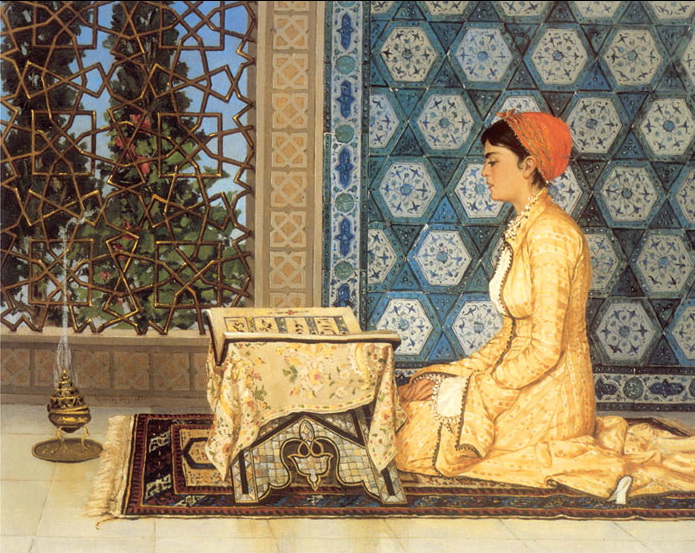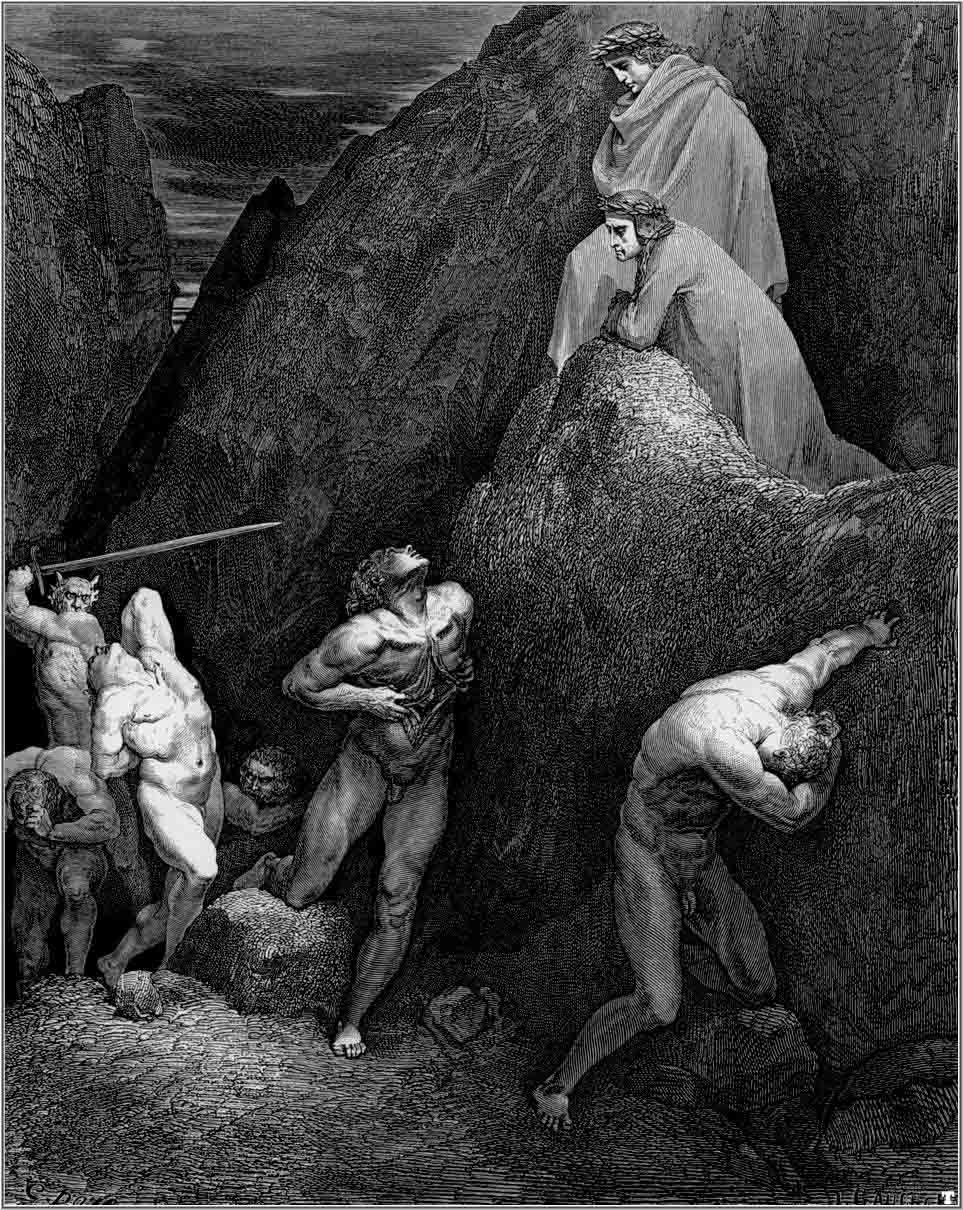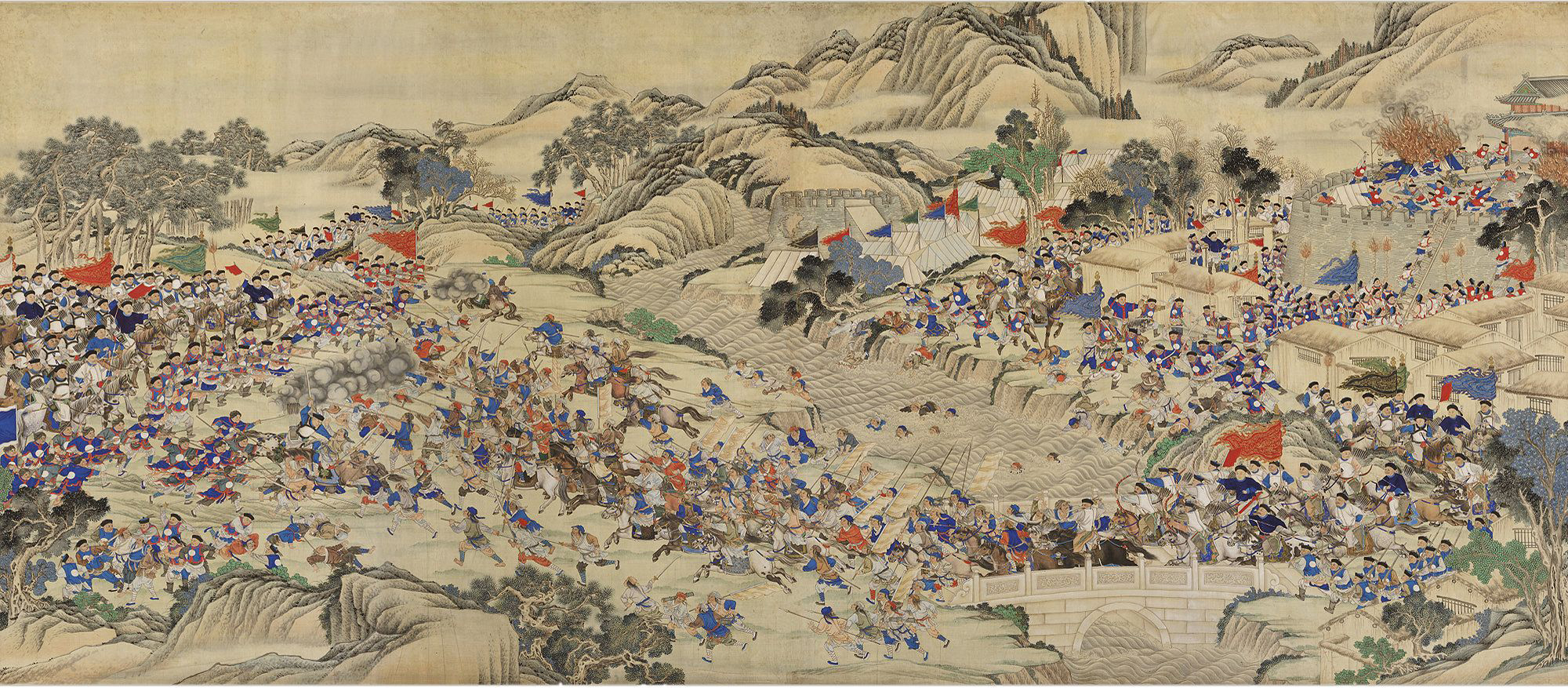|
An-Nisa
An-Nisa' (, ; The Women) is the List of chapters in the Quran, fourth chapter (sūrah) of the Quran, with 176 verses (āyāt). The title derives from the numerous references to women throughout the chapter, including An-Nisa, 34, verse 34 and verses .Haleem, M. A. S. Abdel. The Qur'an. New York: Oxford University Press, 2008. Print. Regarding the asbab al-nuzul, timing and contextual background of the revelation, it is a Medinan surah, Medinan chapter, which means it is believed to have been revealed in Medina rather than Mecca. Summary *1 Man and his Creator in Islam, Creator *2 Islamic adoptional jurisprudence, Orphans, the duty of guardians to such *3–5 Treat your wives and those your right hands possess fairly *6–13 The law of Islamic inheritance jurisprudence, inheritance *14–15 The punishment of adulteresses *16–18 Repentance enjoined *19 Women's rights *20–27 Forbidden and lawful degrees in Islamic marital jurisprudence, marriage *28–30 Gambling in Islam, ... [...More Info...] [...Related Items...] OR: [Wikipedia] [Google] [Baidu] |
Women In Islam
The experiences of Muslim women ( ''Muslimāt'', singular مسلمة ''Muslimah'') vary widely between and within different societies due to culture and values that were often predating Islam's introduction to the respective regions of the world. At the same time, their adherence to Islam is a shared factor that affects their lives to a varying degree and gives them a common identity that may serve to bridge the wide cultural, social, and economic differences between Muslim women. Among the influences which have played an important role in defining the social, legal, spiritual, and cosmological status of women in the course of Islamic history are the sacred scriptures of Islam: the Quran; the '' ḥadīth'', which are traditions relating to the deeds and aphorisms attributed to the Islamic prophet Muhammad and his companions; '' ijmā''', which is a scholarly consensus, expressed or tacit, on a question of law; '' qiyās'', the principle by which the laws of the Quran and t ... [...More Info...] [...Related Items...] OR: [Wikipedia] [Google] [Baidu] |
An-Nisa, 34
An-Nisa 4:34 is the 34th verse in the fourth chapter of the Quran. This verse adjudges the role of a husband as protector and maintainer of his wife and how he should deal with disloyalty on her part. Scholars vastly differ on the implications of this verse, with many Muslim scholars saying that it serves as a deterrent from anger-based domestic violence. The translation of the verse, which can read 'discipline them gently' is also subject to debate among Muslim scholars. According to a hadith transmitted by Abu Huraira, slapping someone across the face was forbidden. Text and translations Verse Transliteration English translations Abdullah Yusuf Ali, '' The Holy Qur'an'' (1934): Muhammad Abdel-Haleem, ''The Qur'an'' (2004): Mustafa Khattab, ''The Clear Quran'' (2015): Verses in context Background of the verse There are a number of translations of this verse from the Arabic original, and all vary to some extent. Some Muslims, such as Islamic feminis ... [...More Info...] [...Related Items...] OR: [Wikipedia] [Google] [Baidu] |
Gambling In Islam
In Islam, gambling ( or ''qimâr'') is forbidden (). ''Maisir'' is totally prohibited by Islamic law () on the grounds that "the agreement between participants is based on immoral inducement provided by entirely wishful hopes in the participants' minds that they will gain by mere chance, with no consideration for the possibility of loss". Definitions Both ''qimar'' and ''maisir'' refer to games of chance, but ''qimar'' is a kind (or subset) of ''maisir''. Author Muhammad Ayub defines ''maisir'' as "wishing something valuable with ease and without paying an equivalent compensation for it or without working for it, or without undertaking any liability against it by way of a game of chance", Another source, Faleel Jamaldeen, defines it as "the acquisition of wealth by chance (not by effort)". Ayub defines ''qimar'' as "also mean[ing] receipt of money, benefit or usufruct at the cost of others, having entitlement to that money or benefit by resorting to chance"; Jamaldeen as "any ga ... [...More Info...] [...Related Items...] OR: [Wikipedia] [Google] [Baidu] |
Inheritance
Inheritance is the practice of receiving private property, titles, debts, entitlements, privileges, rights, and obligations upon the death of an individual. The rules of inheritance differ among societies and have changed over time. Officially bequeathing private property and/or debts can be performed by a testator via will, as attested by a notary or by other lawful means. Terminology In law, an "heir" ( heiress) is a person who is entitled to receive a share of property from a decedent (a person who died), subject to the rules of inheritance in the jurisdiction where the decedent was a citizen, or where the decedent died or owned property at the time of death. The inheritance may be either under the terms of a will or by intestate laws if the deceased had no will. However, the will must comply with the laws of the jurisdiction at the time it was created or it will be declared invalid (for example, some states do not recognise handwritten wills as valid, or only in ... [...More Info...] [...Related Items...] OR: [Wikipedia] [Google] [Baidu] |
Shirk (Islam)
''Shirk'' () in Islam is a sin often roughly translated as 'idolatry' or ' polytheism', but more accurately meaning 'association God]'. It refers to accepting other Divinity, divinities or powers alongside God as associates. In contrast, Islam teaches that God does not share divine attributes with anyone, as it is disallowed according to the Islamic doctrine of ''tawhid.''Kamoonpuri, S: "Basic Beliefs of Islam" pages 42–58. Tanzania Printers Limited, 2001. It is considered to be the gravest sin in Islam. The Quran, the central religious text of Islam, states in 4:48 that God will not forgive ''shirk'' if one dies without repenting of it. The one who commits ''shirk'' is called a ''mushrik''. The opposite of ''shirk'' is ''tawhid'' and the opposite of ''mushrik'' is ''muwahhid''.. Etymology The word ''shirk'' comes from the Arabic root sh- r- k (), with the general meaning of 'to share'. In the context of the Quran, the particular sense of 'sharing as an equal partner' is u ... [...More Info...] [...Related Items...] OR: [Wikipedia] [Google] [Baidu] |
Inheritance In Islam
Islamic Inheritance jurisprudence is a field of Islamic jurisprudence () that deals with inheritance, a topic that is prominently dealt with in the Qur'an. It is often called ''Mīrāth'' (, literally "inheritance"), and its branch of Islamic law is technically known as ''ʿilm al-farāʾiḍ'' (, "the science of the ordained quotas"). Inheritance and the Qur'an The Qur'an introduced a number of different rights and restrictions on matters of inheritance, including what were at that time general improvements to the treatment of women and family life. The Qur'an also presented efforts to fix the laws of inheritance, and thus forming a complete legal system. This development was in contrast to pre-Islamic societies where rules of inheritance varied considerably. They do, however, also differ from ongoing secular changes since that time, up to, though principally in, the modern era. Furthermore, the Qur'an introduced additional heirs that were not entitled inheritance in pre-Is ... [...More Info...] [...Related Items...] OR: [Wikipedia] [Google] [Baidu] |
Islamic View Of The Trinity
In Christianity, the doctrine of the Trinity states that God is a single essence in which three distinct Hypostasis (philosophy and religion), hypostases ("persons"): the Father, the Son, the Holy Spirit, exist consubstantial, consubstantially and co-eternally as a perichoresis. Islam considers the concept of any "plurality" within God to be a denial of Tawhid, monotheism. Tawhid, Monotheism in Islam, known as ''Tawhid'', is the religion's central and single most important concept, upon which a Muslim's entire religious adherence rests. ''Shirk (Islam), Shirk'', the act of ascribing partners to God – whether they be Son of God#Islam, sons, daughters, or other partners – is considered to be a form of Kufr, unbelief in Islam and is considered the worst sin in Islam. The Quran repeatedly and firmly asserts God's absolute oneness, thus ruling out the possibility of another being sharing his sovereignty or nature.David Thomas, ''Trinity'', Encyclopedia of the Qur'an In Islam, the H ... [...More Info...] [...Related Items...] OR: [Wikipedia] [Google] [Baidu] |
Christians In Islam
Christianity and Islam are the two largest religions in the world, with approximately 2.3 billion and 1.8 billion adherents, respectively. Both religions are Abrahamic and monotheistic, having originated in the Middle East. Christianity developed out of Second Temple Judaism in the 1st century CE. It is founded on the life, teachings, death, and resurrection of Jesus Christ, and those who follow it are called Christians. Islam developed in the 7th century CE. It is founded on the teachings of Muhammad, as an expression of surrendering to the will of God. Those who follow it are called Muslims (meaning "submitters to God"). Muslims view Christians to be People of the Book, but may also regard them as committing shirk because of the doctrines of the Trinity and the Incarnation. Christians are traditionally classified as dhimmis paying jizya under Sharia law. Christians similarly possess a wide range of views about Islam. The majority of Christians view Islam as a false relig ... [...More Info...] [...Related Items...] OR: [Wikipedia] [Google] [Baidu] |
Muhammad
Muhammad (8 June 632 CE) was an Arab religious and political leader and the founder of Islam. Muhammad in Islam, According to Islam, he was a prophet who was divinely inspired to preach and confirm the tawhid, monotheistic teachings of Adam in Islam, Adam, Noah in Islam, Noah, Abraham in Islam, Abraham, Moses in Islam, Moses, Jesus in Islam, Jesus, and other Prophets and messengers in Islam, prophets. He is believed to be the Seal of the Prophets in Islam, and along with the Quran, his teachings and Sunnah, normative examples form the basis for Islamic religious belief. Muhammad was born in Mecca to the aristocratic Banu Hashim clan of the Quraysh. He was the son of Abdullah ibn Abd al-Muttalib and Amina bint Wahb. His father, Abdullah, the son of tribal leader Abd al-Muttalib ibn Hashim, died around the time Muhammad was born. His mother Amina died when he was six, leaving Muhammad an orphan. He was raised under the care of his grandfather, Abd al-Muttalib, and paternal ... [...More Info...] [...Related Items...] OR: [Wikipedia] [Google] [Baidu] |
Holy War In Islam
A religious war or a war of religion, sometimes also known as a holy war (), is a War, war and conflict which is primarily caused or justified by differences in religion and beliefs. In the modern period, there are frequent debates over the extent to which religious, War#Economic, economic, ethnic conflict, ethnic or other aspects of a conflict are predominant in a given war. The degree to which a war may be considered religious depends on many underlying questions, such as the definition of religion, the definition of 'war', and the applicability of religion to war as opposed to other possible factors. According to scholars such as Jeffrey Burton Russell, conflicts may not be rooted strictly in religion and instead may be a cover for the underlying secular power, ethnic, social, political, and economic reasons for conflict. Other scholars have argued that what is termed "religious wars" is a largely "Western dichotomy" and a modern invention from the past few centuries, arguing ... [...More Info...] [...Related Items...] OR: [Wikipedia] [Google] [Baidu] |
Apostle In Islam
An apostle (), in its literal sense, is an emissary. The word is derived from Ancient Greek ἀπόστολος (''apóstolos''), literally "one who is sent off", itself derived from the verb ἀποστέλλειν (''apostéllein''), "to send off". The purpose of such sending off is usually to convey a message, and thus "messenger" is a common alternative translation; other common translations include "ambassador" and "diplomat, envoy". The term in Ancient Greek also has other related meanings. In Christianity, the term was used in the New Testament for Jesus' Apostles in the New Testament, Twelve Apostles (including Saint Peter, Peter, James, son of Zebedee, James, and John the Apostle, John), as well as a wider group of early Christian figures, including Paul the Apostle, Paul, Barnabas, and Junia (New Testament person), Junia. [...More Info...] [...Related Items...] OR: [Wikipedia] [Google] [Baidu] |
Sin In Islam
Sin is an important concept in Islamic ethics that Muslims view as being anything that goes against the commands of God or breaching the laws and norms laid down by religion. Islam teaches that sin is an act and not a state of being. The Quran describes these sins throughout the texts and demonstrates that some sins are more punishable than others in the hereafter. A clear distinction is made between major sins (''al-Kabirah'') and minor sins (''al-Sagha'ir'') (Q4:31–32), indicating that if an individual stays away from the major sins then they will be forgiven of the minor sins. Sources differ on the exact meanings of the different terms for sin used in the Islamic tradition. Terminology A number of different words for sin are used in the Islamic tradition. According to A. J. Wensinck's entry on the topic in the ''Encyclopedia of Islam'', Islamic terms for sin include ''dhanb'' and ''khaṭīʾa'', which are synonymous and refer to intentional sins; ''khiṭʾ'', which me ... [...More Info...] [...Related Items...] OR: [Wikipedia] [Google] [Baidu] |






